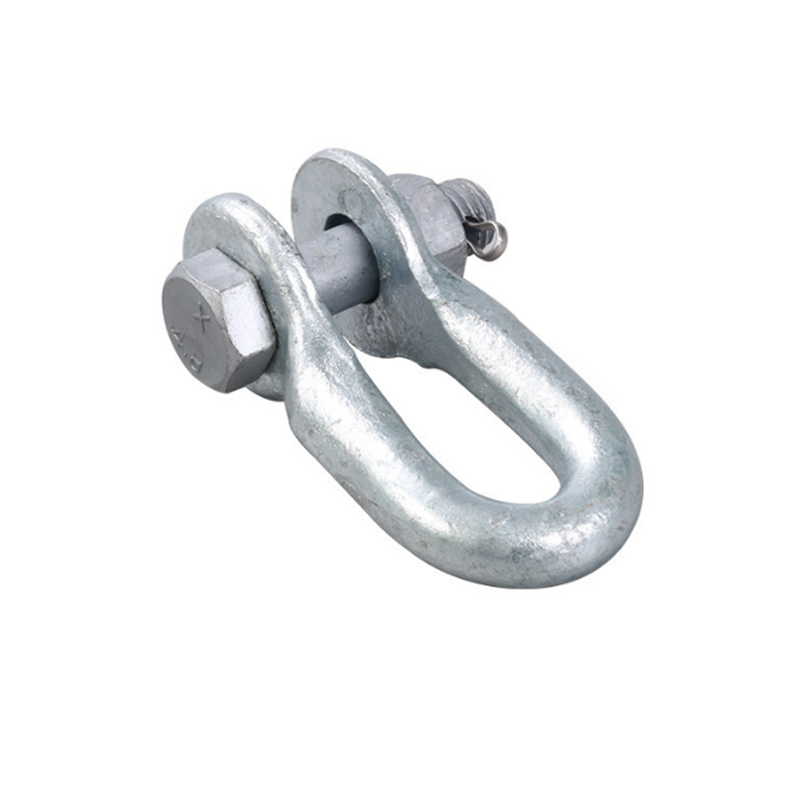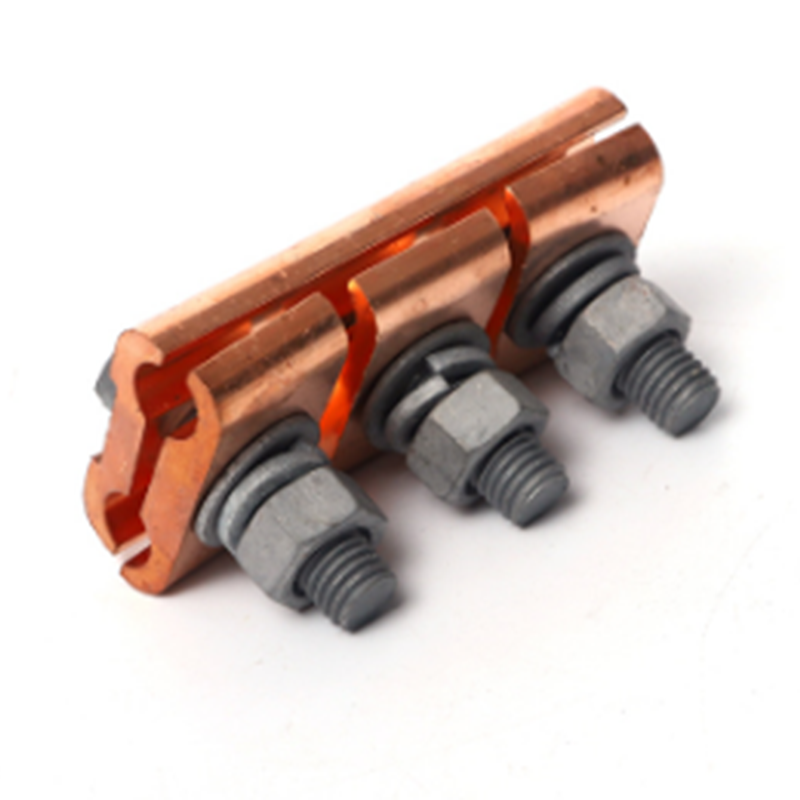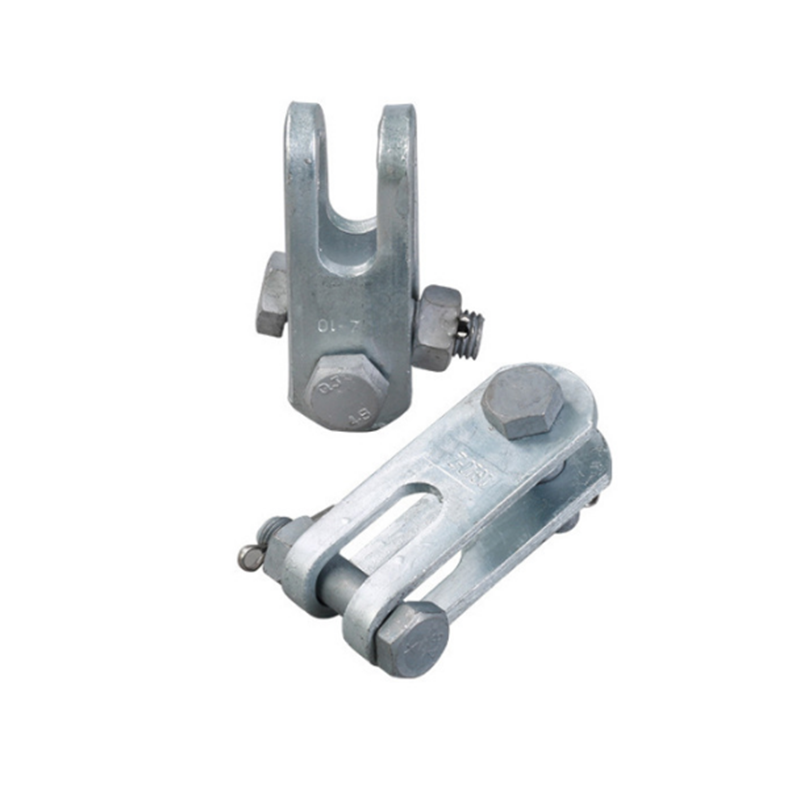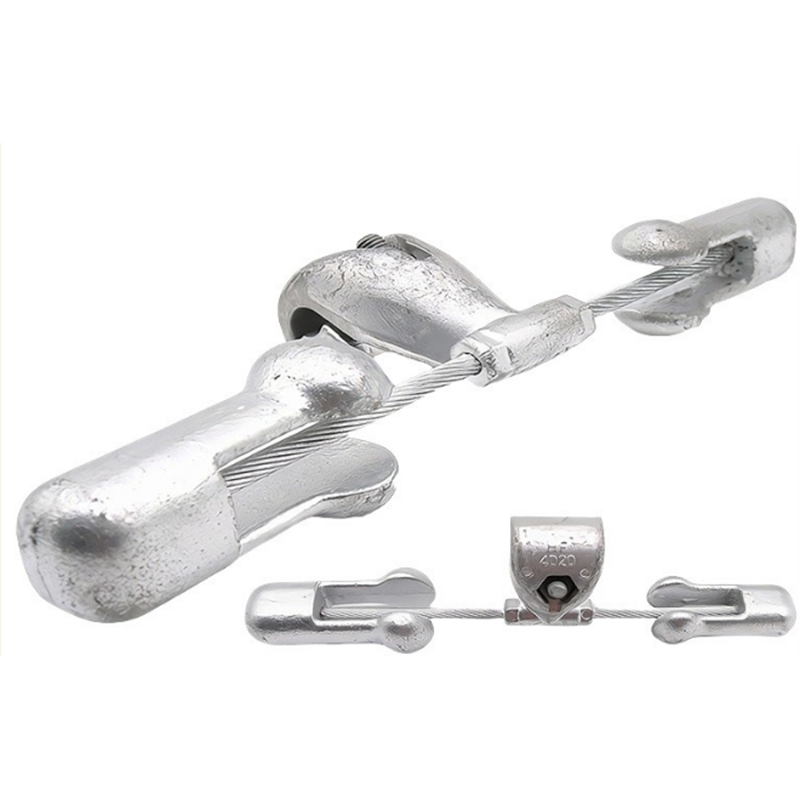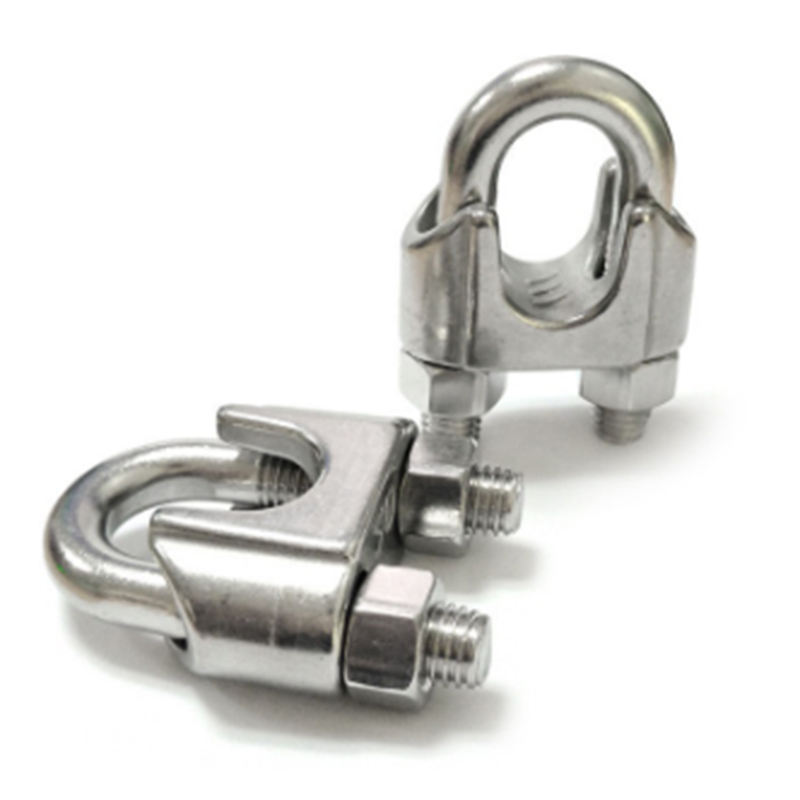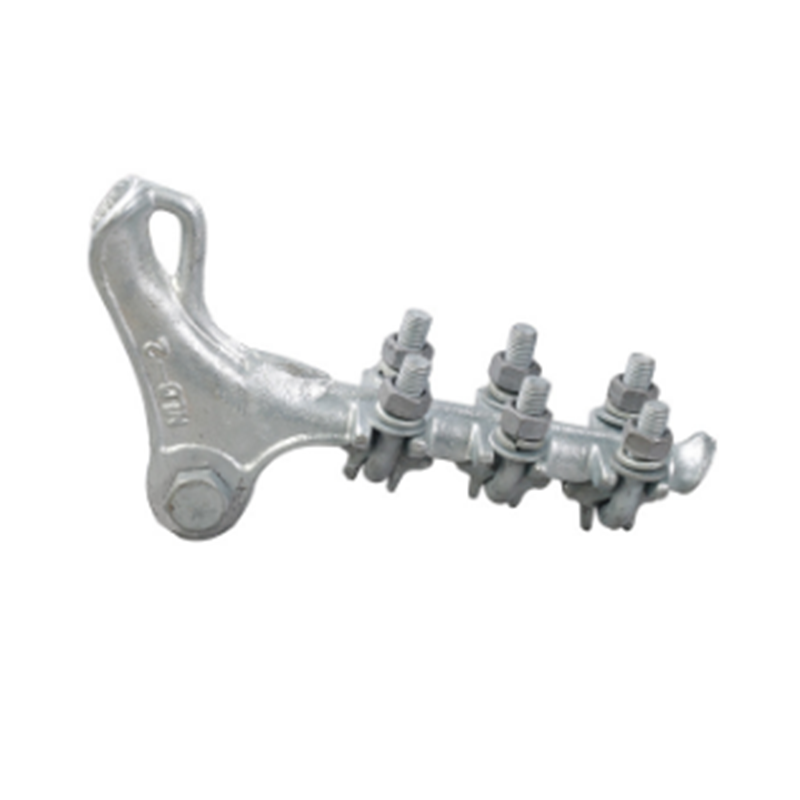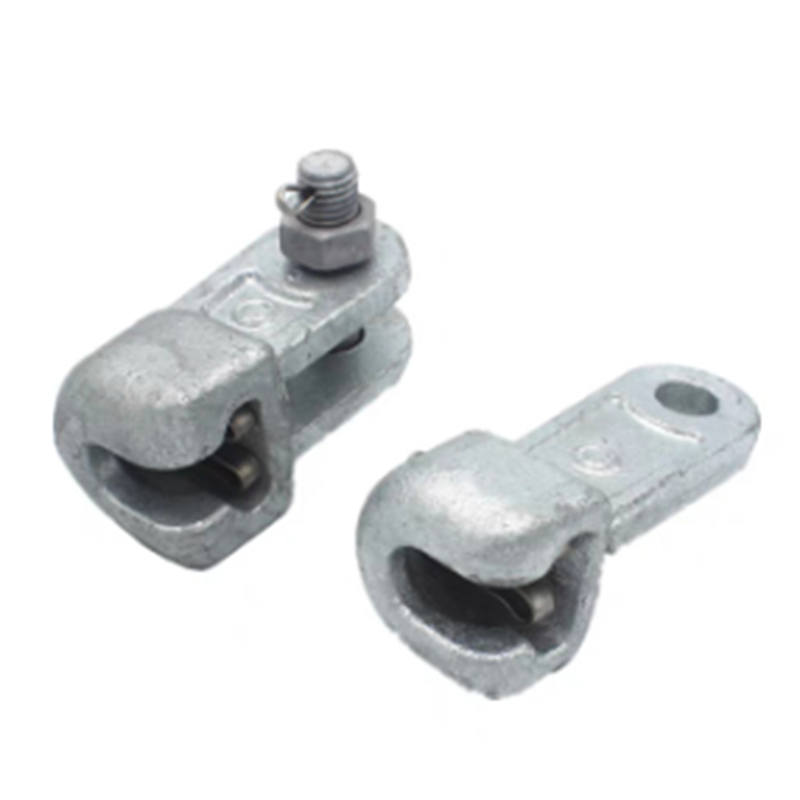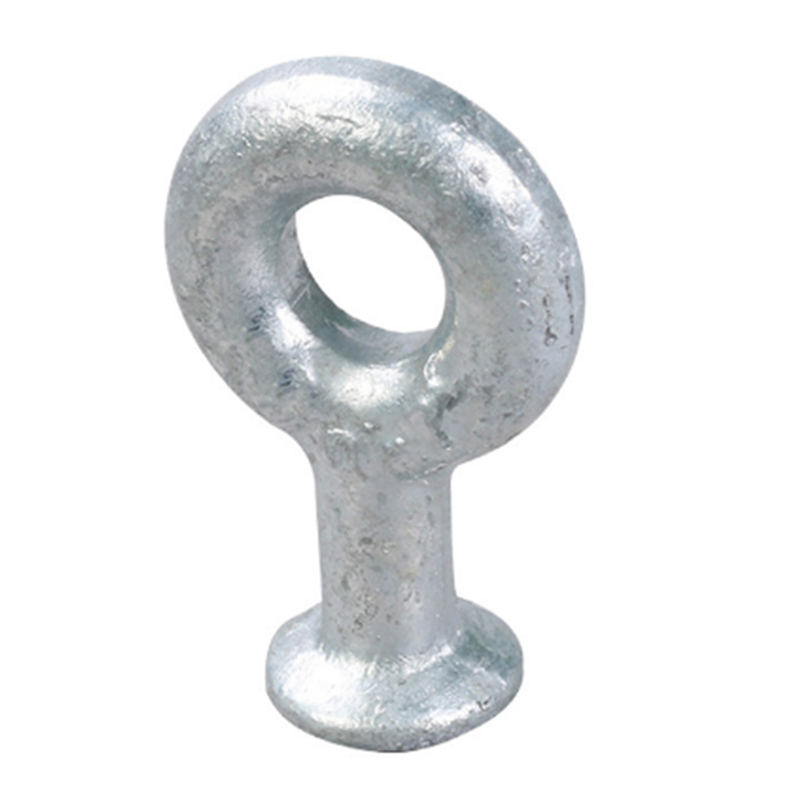- Chinese
- French
- German
- Portuguese
- Spanish
- Russian
- Japanese
- Korean
- Arabic
- Irish
- Greek
- Turkish
- Italian
- Danish
- Romanian
- Indonesian
- Czech
- Afrikaans
- Swedish
- Polish
- Basque
- Catalan
- Esperanto
- Hindi
- Lao
- Albanian
- Amharic
- Armenian
- Azerbaijani
- Belarusian
- Bengali
- Bosnian
- Bulgarian
- Cebuano
- Chichewa
- Corsican
- Croatian
- Dutch
- Estonian
- Filipino
- Finnish
- Frisian
- Galician
- Georgian
- Gujarati
- Haitian
- Hausa
- Hawaiian
- Hebrew
- Hmong
- Hungarian
- Icelandic
- Igbo
- Javanese
- Kannada
- Kazakh
- Khmer
- Kurdish
- Kyrgyz
- Latin
- Latvian
- Lithuanian
- Luxembou..
- Macedonian
- Malagasy
- Malay
- Malayalam
- Maltese
- Maori
- Marathi
- Mongolian
- Burmese
- Nepali
- Norwegian
- Pashto
- Persian
- Punjabi
- Serbian
- Sesotho
- Sinhala
- Slovak
- Slovenian
- Somali
- Samoan
- Scots Gaelic
- Shona
- Sindhi
- Sundanese
- Swahili
- Tajik
- Tamil
- Telugu
- Thai
- Ukrainian
- Urdu
- Uzbek
- Vietnamese
- Welsh
- Xhosa
- Yiddish
- Yoruba
- Zulu
- Kinyarwanda
- Tatar
- Oriya
- Turkmen
- Uyghur

Hexagon head screw self tapping
The Intricacies of Hexagon Head Screw Self Tapping
Navigating the world of fasteners can often feel like traversing a well-trodden path peppered with technicalities. Among the various types of screws, the Hexagon head screw self tapping stands out for its efficiency and versatility. However, misconceptions abound, especially around its application and benefits. This discourse aims to unravel these misunderstandings, offering insights gained from hands-on experiences in the field.
Understanding Hexagon Head Screws
These screws, distinct with their hexagonal heads, offer remarkable grip and torque, which professionals appreciate when working with them. The design facilitates easy handling, even in challenging environments. When paired with the self-tapping feature, they prove indispensable in scenarios without pre-drilled holes.
Nevertheless, it’s critical to note that not all hexagon head screws are created equal. Differentiating between types based on material composition and coating can significantly impact their performance under various conditions.
Specifically at Shengfeng Hardware Fastener Factory, located in Hebei's industrial zone, there’s a collection of over 100 fastener specifications. Their expertise in producing quality fasteners, including these types of screws, makes them a reliable source for industry-grade products.
The Art of Self Tapping
Self-tapping screws are designed to tap their own mating threads in materials such as metal or hard plastics. This capability eliminates the need for nuts, simplifing assembly processes. As someone who's spent hours piecing together complex machinery, I’ve found these particularly useful in speeding up installations.
There’s a certain beauty in watching a screw cut through the material, seamlessly aligning into place. Yet, selecting the appropriate drill size is paramount, as this determines the ease and security of the fixture.
One notable experience involved installing roofing panels, where varying metal thicknesses required precise torque adjustments—a crucial lesson in the importance of knowing your materials.
Challenges and Missteps
No journey through fastener applications is devoid of setbacks. The most common issue I’ve encountered involves misalignments during the initial drive—a problem exacerbated by inappropriate drill sizes or excessive force.
Additionally, corrosion resistance is another factor to consider. Galvanized or stainless-steel options can offer enhanced durability, preventing the relentless march of rust in challenging environments.
Shengfeng Hardware, found at their website, provides an array of options in this regard, catering to specific project needs with their high-quality manufacturing standards.
Practical Applications
In fields such as construction and machinery assembly, these screws prove their worth time and again. Their robustness allows them to anchor strongly, especially when used in metal frameworks.
Beyond construction, they’ve been invaluable in crafts and hobby projects, where precision and reliability are paramount. This flexibility endears them to professionals across disciplines.
Each time I fasten a panel or fix a piece of hardware with a Hexagon head screw self tapping, there’s a profound sense of accomplishment, knowing that each component is secured well.
Conclusion: Choosing the Right Supplier
Ultimately, the efficacy of these screws ties back to their quality and manufacturing precision. Companies like Shengfeng Hardware Fastener Factory offer not just a product but a promise of enduring reliability given their strategic location in Handan and an extensive range of fasteners.
For anyone invested in the infrastructure and assembly industries, aligning with a reliable supplier is as critical as the screws themselves. The right choice could mean the difference between a loosely held construct and a steadfast edifice.
In the intricate dance of fastening components, the Hexagon head screw self tapping emerges not as a mere option but as a trusted ally in structural integrity.
Соответствующая продукция
Соответствующая продукция




